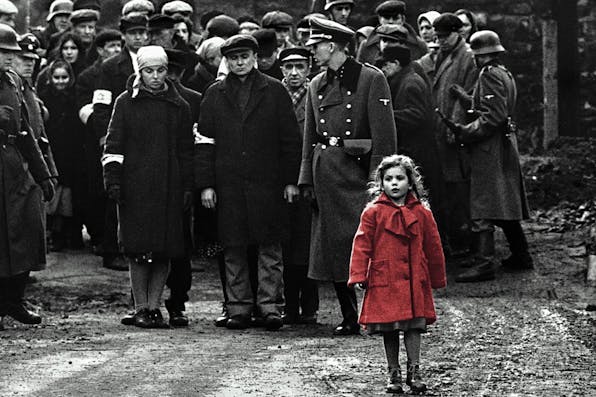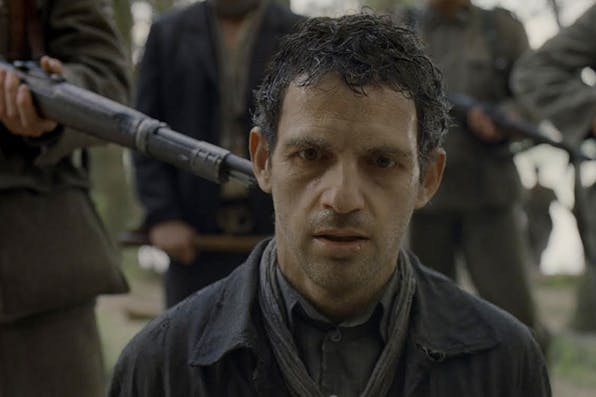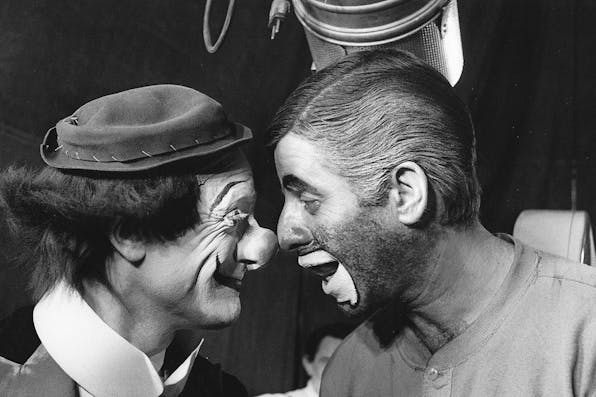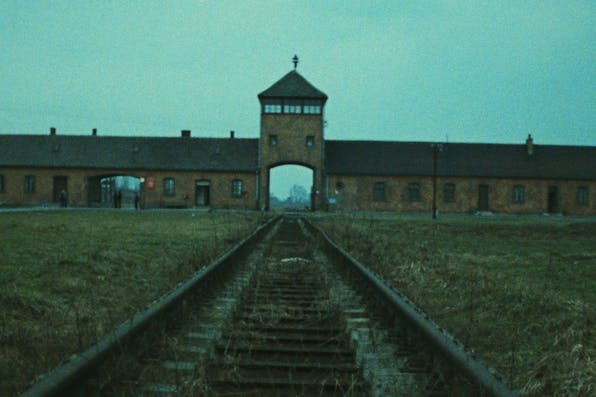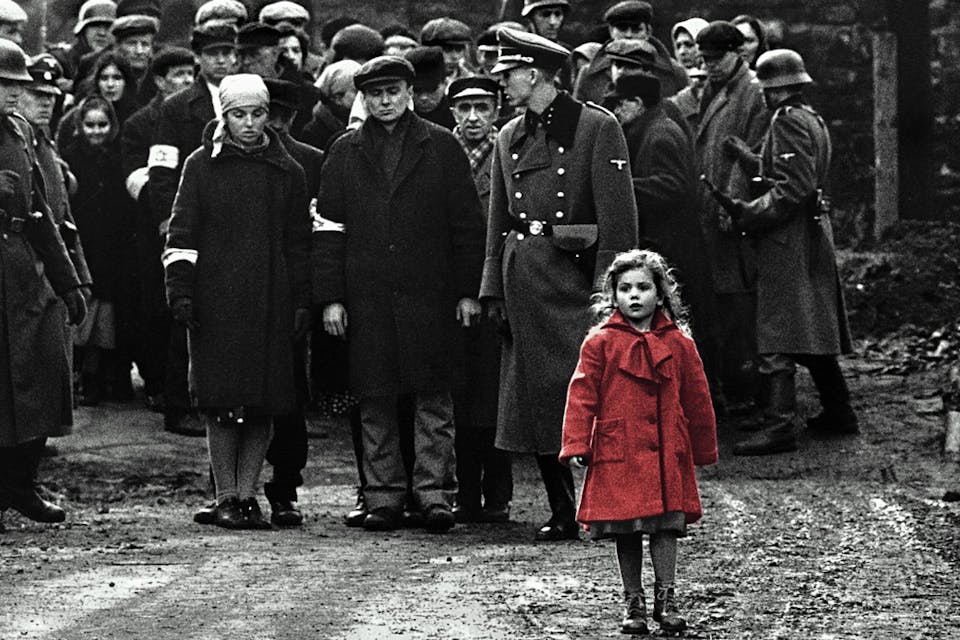
March 16, 2016
Why I Don’t Watch Holocaust Movies
The very act of converting the Shoah into a story on film is a violation of its meaning, its force, and its evil.
I have not seen Son of Saul, and I will not see it. As a general rule I do not see Holocaust movies, even though I have been a working film critic for 37 years. It is not because they do not affect me but because they do—and I do not trust the way they affect me. I did see Schindler’s List, and I wept at its conclusion, when Steven Spielberg has the Schindler survivors walk toward the camera as the film’s black-and-white blooms suddenly into color. But what was I weeping at?
The director Stanley Kubrick spent years trying to figure out how to make a movie about the Holocaust and never succeeded. When the writer Frederic Raphael talked to Kubrick about Schindler’s List, the universally praised work of Kubrick’s acolyte Spielberg, Kubrick issued an off-the-cuff criticism as great as any considered analysis by Erich Auerbach or Lionel Trilling: “Think that’s about the Holocaust? That was about success, wasn’t it? The Holocaust is about six million people who get killed. Schindler’s List is about 600 who don’t.” I was weeping because Schindler’s List is the Holocaust with a happy ending. The Shoah did not have a happy ending. It ended. And the tragedy of it will be with us until the end of time. It’s no wonder people seek to mitigate the horror by turning it into fable, but it is an impulse that should be resisted.
In his brilliant and scorching essay on Son of Saul, Dan Kagan-Kans quietly and systematically exposes the contrivances of this self-consciously “new” kind of film about the Holocaust. The very fact that I just used the words “contrivance” and Holocaust in the same sentence is an example of the insurmountable aesthetic and moral problems faced by this and every other movie about the Shoah.
